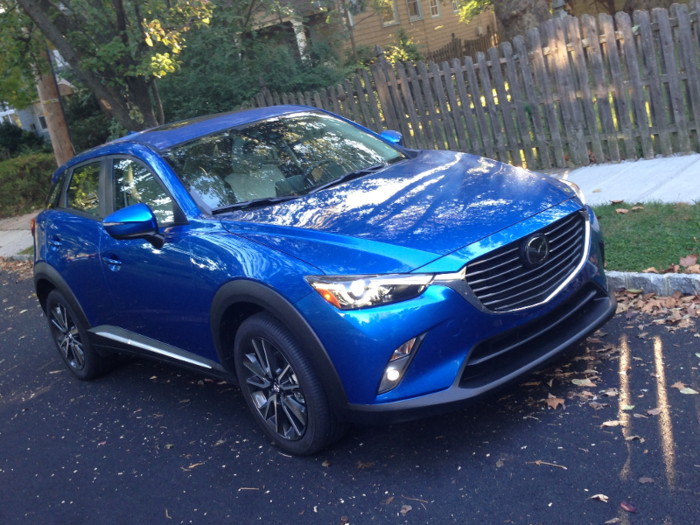
If you own an inexpensive vehicle, you don't have to buy budget tires. But you might want to look into this category, as part of an overall money-saving strategy. If you own an older car that you aren't trying to preserve, budget tires could also be an option (for a few years, I owned a Mazda 323 and I never spent even $50 per tire for it).
Name-brand tires are name-brand for a reason: they're well-made and reliable. Super-cheap tires that you've never heard of essentially have only price going for them. A few names are worth a look, such as General Tire, Cooper, and Falken.



All-season tires are what most folks are looking for. Of course, they aren't truly all-season, as they suffer when winter conditions show up: heavy snow, ice, slush, a lower temperatures. But for the rest of the year, they're ideal, and in warmer, drier climates, they've fine for year-round duty.
You can go the budget route with all-season tires, but a better bet is to choose a well-known manufacturer, such as Bridgestone, BFGoodrich, Goodyear, Michelin, Continental, or Dunlop.



These tires are purpose-built to provide the best possible performance and to optimize cars that are built for speed and cornering. They're rated for higher top speeds, they provide better sidewall durability under stress — and they're usually rather expensive.
The compounds they're made of are designed to stick to the road, so they aren't the most durable tires around. The Big Three here are Continental, Michelin, and Pirelli, with Goodyear and Dunlop in the mix.



For off-roading, you need sturdy tires with a deep, cleated tread designed specifically for dirt, mud, and rocks. You'll find names such as Pirelli Scorpions and Goodyear Wranglers in this category.
These tires make for a stiff, loud ride on paved roads and highways.


I've often tested Bridgestones Blizzak tires in lousy winter weather and found that they perform quite well. But all the major brands produce their own sets of winter tires.
 Average housing prices up 10% in Jan-Mar across the top eight cities
Average housing prices up 10% in Jan-Mar across the top eight cities
 Top visa-on-arrival picks for Indian explorers
Top visa-on-arrival picks for Indian explorers
 451 million voters! First four phases of Lok Sabha elections witness 66.95% voter turnout so far
451 million voters! First four phases of Lok Sabha elections witness 66.95% voter turnout so far

Copyright © 2024. Times Internet Limited. All rights reserved.For reprint rights. Times Syndication Service.